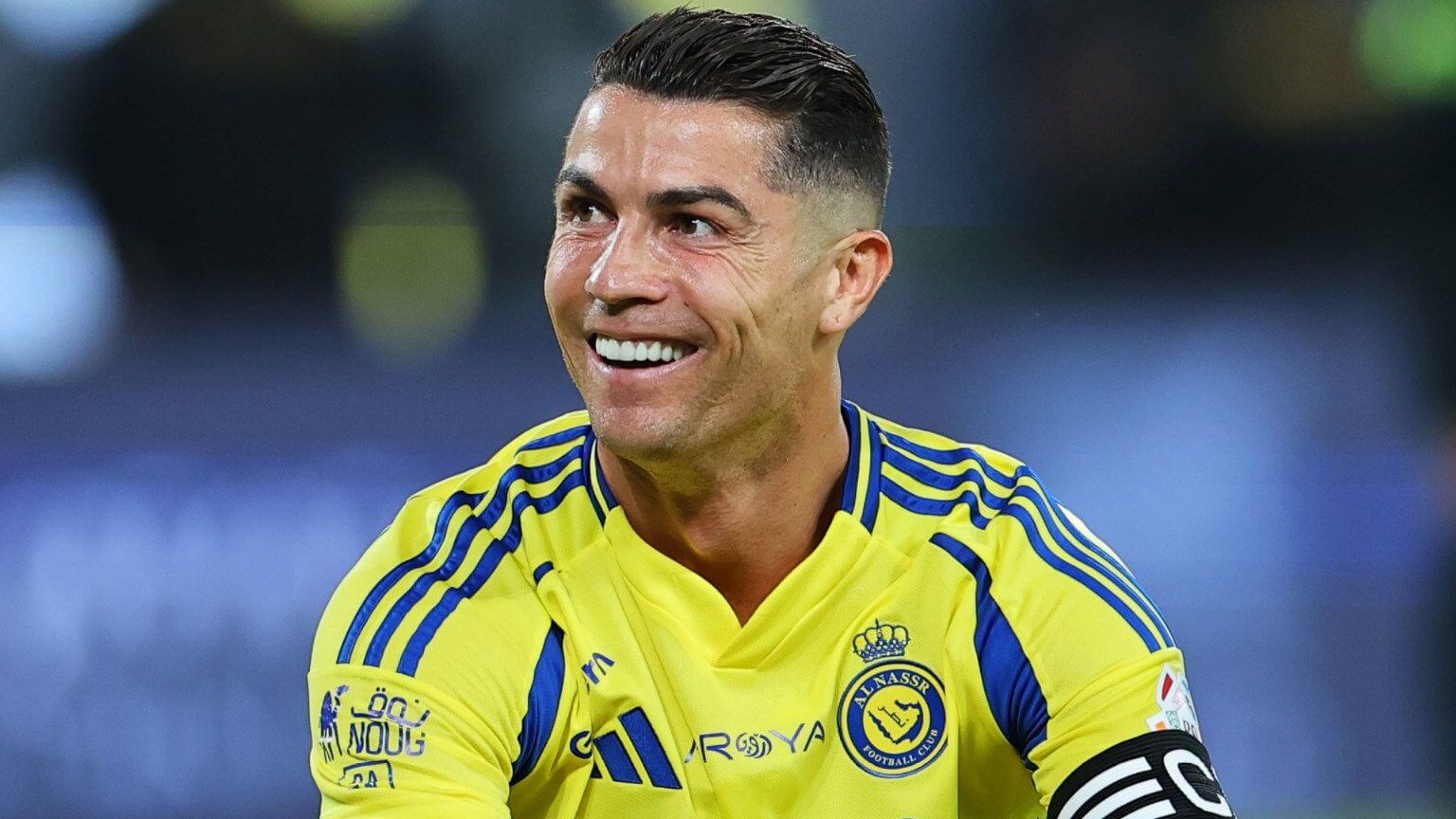Al-Nassr ownership shift: Ronaldo’s club set for new era
Al-Nassr ownership is on the verge of a dramatic overhaul that could reshape not only Cristiano Ronaldo’s immediate environment but the entire hierarchy of Saudi football. According to sources close to the Ministry of Sport in Riyadh, the reigning initiative to move several clubs out of the Public Investment Fund’s (PIF) portfolio is gaining traction, putting Al-Nassr, Al-Hilal and Al-Ittihad at the centre of a multibillion-riyal realignment.
Why the Al-Nassr ownership rethink matters
The primary objective of the Al-Nassr ownership reassessment is to diversify the Saudi Pro League’s financial ecosystem. Until now, PIF has held majority stakes in the kingdom’s four flagship clubs—Al-Nassr, Al-Hilal, Al-Ittihad and Al-Ahli. While that consolidation helped bankroll superstar arrivals such as Ronaldo, Neymar and Karim Benzema, it also created questions about competitive balance and governance transparency. Transferring these assets to separate commercial entities is designed to encourage private-sector accountability, attract foreign investment and, crucially, comply with evolving Asian Football Confederation regulations on multi-club ownership.
How the proposed structure will work
Reports suggest that the Ministry will invite bids from state-linked corporations as well as blue-chip private firms. Under the blueprint, Al-Nassr ownership would shift to a consortium led by a major telecommunications company, while a global energy giant is rumoured to be eyeing Al-Hilal. Al-Ittihad, meanwhile, could be courted by firms within the Red Sea tourism corridor. Crucially, each club would retain a minority “golden share” for the Ministry, guaranteeing heritage protection and adherence to community objectives.
Financial muscle remains intact
Supporters need not fear an exodus of talent. The new stakeholders are expected to inherit PIF’s existing contractual commitments, including Ronaldo’s reported €200 million-a-year package. In fact, insiders believe the injection of specialised corporate sponsorships could increase sporting budgets. The difference is that spending will now be audited under more conventional governance models rather than the opaque sovereign-wealth umbrella.
Al-Nassr ownership timeline and next steps
Formal invitations for expressions of interest are scheduled for Q1 2024, with due diligence extending into the summer. If the timetable holds, Al-Nassr ownership will officially migrate before the 2024-25 season kicks off. A transitional board—comprised of existing PIF appointees, ministry officials and incoming executives—will manage day-to-day decisions to avoid regulatory limbo.
Impact on Cristiano Ronaldo
While Ronaldo’s contract is guaranteed, a change in Al-Nassr ownership could influence the sporting vision around him. The Portuguese icon has repeatedly spoken about creating a legacy beyond the pitch, including academy development and grassroots outreach. Corporate backers from the tech sector may be more inclined to monetise his global digital footprint, launching branded content, e-commerce lines and metaverse experiences that leverage his unrivalled social-media reach.
League-wide ripple effects
Al-Hilal’s potential decoupling from PIF excites neutrals for different reasons. Freed from centralised decision-making, the club might implement a more aggressive South American scouting network, complementing Neymar’s star power with youthful flair. Al-Ittihad, buoyed by tourism-sector alliances, are keen on building a seaside sporting complex that would merge elite football facilities with hospitality revenues.
Governance and compliance benefits
By redistributing assets, Saudi football hopes to align with UEFA’s and the AFC’s increasing scrutiny of multi-club ownership. Although Pro League teams don’t currently play in Europe, future club-world-cup expansions and the ambitious push for intercontinental tournaments make compliance essential. Separate ownership structures reduce conflict-of-interest risks and strengthen the case for Saudi clubs to participate in broader global competitions.
The numbers behind the shake-up
Analysts at Jadwa Investment project combined club valuations of SAR 10 billion (€2.4 billion). Al-Nassr ownership alone is estimated at SAR 2.8 billion, buoyed by Ronaldo’s commercial magnetism. Revenue forecasts include broadcast rights, match-day hospitality, merchandising and digital activations. Significantly, clubs will be able to raise capital through targeted share offerings, a departure from the single-payer model under PIF.
Fans’ perspective
The announcement has triggered mixed emotions on Riyadh’s streets. Long-time supporters welcome transparent accounting and the prospect of fan tokens or even minority share sales that could deepen engagement. Others worry that traditional identities might dilute amid corporate rebranding. Club officials reassure fans that crests, colours and cultural rituals are non-negotiable elements safeguarded within the transfer contracts.
What happens to PIF?
The sovereign fund is not retreating from sport altogether; instead, it will pivot to infrastructure, stadium upgrades and event hosting. With Saudi Arabia joining forces with Greece and Egypt for a potential 2030 World Cup bid, PIF’s expertise in mega-project financing remains indispensable. The fund’s exit from direct club management thus frees it to focus on macro-level ambitions while leaving micro-operational decisions to specialised investors.
Al-Nassr ownership and the Vision 2030 narrative
The restructuring dovetails with Crown Prince Mohammed bin Salman’s Vision 2030 plan, which emphasises economic diversification and entertainment-sector growth. Decentralising Al-Nassr ownership showcases the kingdom’s commitment to creating market-driven entertainment assets rather than purely state-funded ventures. The move could also serve as a case study for other Middle Eastern leagues pondering similar transitions.
Potential risks and safeguards
Critics warn that rapid privatisation can inflate valuations and saddle clubs with unsustainable debt if revenue projections fall short. To mitigate this, the Ministry will impose debt-to-revenue caps and require escrow accounts for large transfer fees. In addition, an independent oversight committee comprising financial auditors and former players will publish annual governance reports.
Global precedent
English Premier League side Newcastle United, also majority-owned by PIF, will remain unaffected by these Saudi domestic changes. However, the Magpies serve as a reminder that sovereign-wealth ownership models face regulatory scrutiny abroad, a factor that likely accelerated the desire to diversify at home.
My verdict
Al-Nassr ownership evolving beyond PIF control is more than a boardroom shuffle; it is a litmus test for Saudi football’s maturity. If executed carefully, the shift could sustain the influx of world-class talent while fostering a healthier, competitive ecosystem. Get it wrong, and the league risks trading one form of dependency for another. The eyes of the football world—and not just Ronaldo’s 116 million Instagram followers—are watching.
Share this content:
